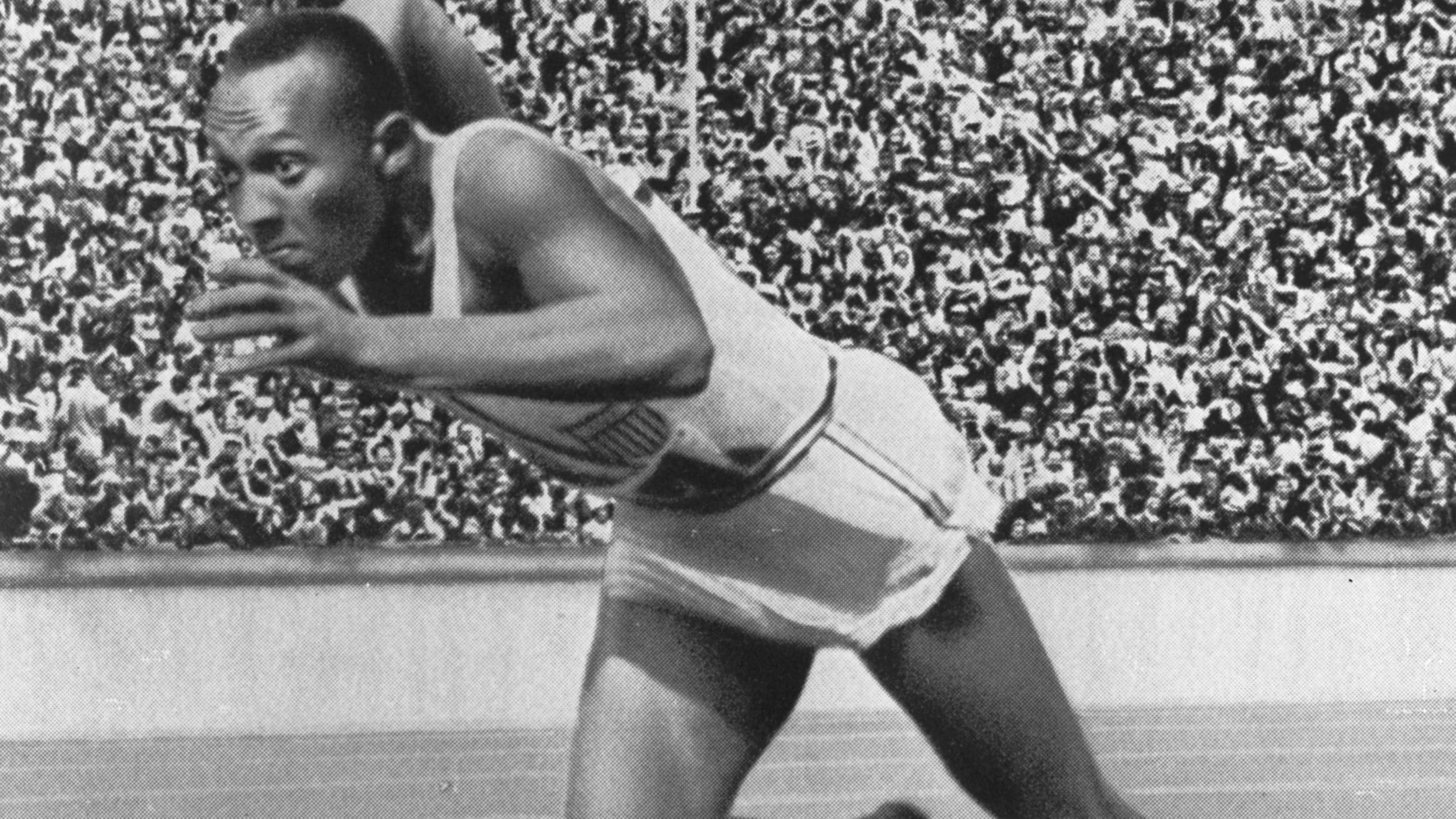At 4:20 AM on September 9th, 2022, thousands of women ran to celebrate the life of Eliza Fletcher, the 34-year-old woman who was kidnapped and murdered during her morning run in Memphis, Tennessee. Eliza – called Liza by her friends and family – ran this particular route routinely, would have known the dips and the curves that made up the sidewalk and streets as she glided through. And this routine of the run–this idea that she had taken this same path numerous times before–makes what happened to Eliza all the more heart-wrenching.
Routines, by design, are meant to be markers of safety, patterns so well-established that they become second nature, tried and true and without fail. When routines break, something is lost; a sense of security is lost. But the disruption of Eliza’s routine has given way to something else. It has created a movement, one of interconnectedness and strength, that crosses streets as well as borders.
Power in Numbers
The women who gathered at the corner of Belvedere Boulevard and Central Avenue to run in Eliza’s honor did so in the spirit of solidarity and with an air of resistance. Participants of the Memphis-area run were asked to come with someone but to leave their strollers, dogs, and children at home. They were asked only to bring themselves, and in doing so, must have brought with them all their past experiences and future hopes, including their memories of being told not to run alone, their rage at what happened to their fellow woman, and their hope that, in the years to come, women can run unafraid and unencumbered.
As Gina Butkovich noted in her article about the event, women runners across the United States expressed their dissatisfaction with the victim blaming leveled at Eliza Fletcher for running alone in the early hours of the morning. Or perhaps the event organizers put it best when they noted that the event’s goal was to “emphasize that women should be able to run any time of the day safely.” The event was not just a moment to honor Eliza but to recapture the agency her murderer aimed to take from women the world over. In their coming together, they showed what it meant to push past expectations and retake ownership of their bodies. And in doing so, they honored not only Eliza but themselves.
The event was both homegrown and virtual in nature. Participants in Memphis had the option to run the 8.2-mile run of Eliza’s route, while participants in cities and countries around the globe ran wherever they liked. Those who couldn’t run walked or roller skated or biked or swam. And no matter the vessel or vehicle, these athletes stood together around a common cause, around a moment that was as much about the community of women as it was a cry for Eliza.
Finishing Together
Eliza was a morning runner, but she was also a marathoner. By the age of thirty-four, she’d already proven herself to be an admirable athlete. Her time of 3:26:09 during the 2019 St. Jude Marathon was enough to earn her a place in the Boston Marathon, one of the most hallowed runs in the world.
In a way, the September 9th runs seem in the spirit of runs before it, a symbolic passing of the baton as women–many of them strangers–laced up their running shoes to finish the run taken from Eliza Fletcher.
At 4:20 AM on Friday, September 9th, the streets of Memphis were aglow with women holding vigil, candles in their hands, as they honored the life of someone many had never met. And in that glow, the message was clear–we stand, united, in the memory of a woman taken too soon. We stand, in power, for women everywhere. So that they might run, walk, swim, and roll.
So that they might go wherever their hearts desire.







